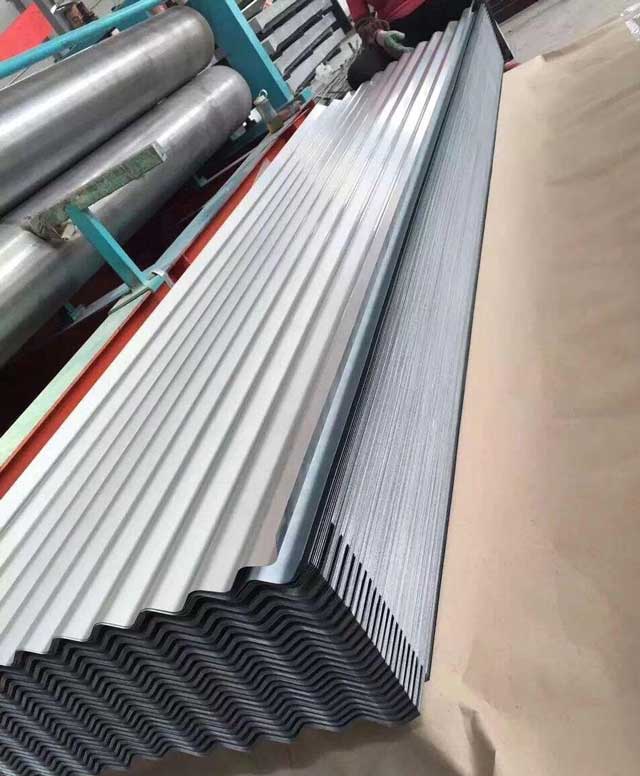
Kampala, Uganda | THE INDEPENDENT | Traders who import most of their goods from China say they have been unable to send money for goods or fly to China as most factories supplying them are closed due to the outbreak of the coronavirus.
This will likely have an impact on the prices of most of the goods, including building materials, clothes, iron sheets among others.
William Kaggwa, the secretary-general of the Hardware traders’ association, said they were holding on orders and this has potentially had pressure on the fewer goods remaining in the shops around the city.
At Kidde Enterprises in Kampala, one of the biggest importers of construction materials, officials told us they were waiting up to the end of March to see if the disease is controlled for them to place an order.
“The fear is that you may send money and you find the person is actually in the area where it is quarantined,” one official said.
Kaggwa says the goods affected include soap dishes, transparent sheets.
Some traders who received goods in December or early January are hoarding their goods to push up artificial shortages so that they can sell at higher prices, we have been told.
Chinese businesses in Kampala have already had a hit. For instance, some Chinese hotels have told local staff that they will not be working as normal as many of their customers – who are Chinese – have either been quarantined or are stuck in China because they can’t fly back to Uganda.
The Bank of Uganda has said the situation is serious. Dr Adam Mugume, the director of research at the central bank, said the impact was likely huge if the disease is not controlled fast.
He revealed Uganda imports 25% of its goods from China and 70% of these are raw materials used to make other things in Uganda. This will see not just an increase in the prices of imported goods but also push up prices of locally made goods whose raw materials are sourced from China.
Richard Walker, the World Bank Uganda economist, said it was still uncertain to see how the desert locusts in north-eastern Uganda and coronavirus in China will affect the economy this year. He said they expected Uganda not to grow below 6% even with these happenings. He agreed the locusts will have an impact on agriculture.
This thought is in line with other economists. Dr Enock Nyorekwa, an infrastructure economist, said the impact will largely depend upon quarantine measures and sentiment, and whether there is more clarity around these.
For Uganda, fewer imports mean less government tax revenues at the time when the Uganda Revenue Authority is failing to reach its targets. Doris Akol, the URA commissioner general, told reporters at the start of this month that in the six months to December 2019, traders imported fewer products cutting government expected revenues. Coronavirus in China will likely extend this agony.
Yet the government needs more money to divert from core activities to cater to Ugandans stuck in China and fight the desert locusts.
Meanwhile, Kaggwa advises all the traders to suspend their plans for imports and not send their money until they are sure the factory or the person they are sending money to are working.
********
URN
 The Independent Uganda: You get the Truth we Pay the Price
The Independent Uganda: You get the Truth we Pay the Price



